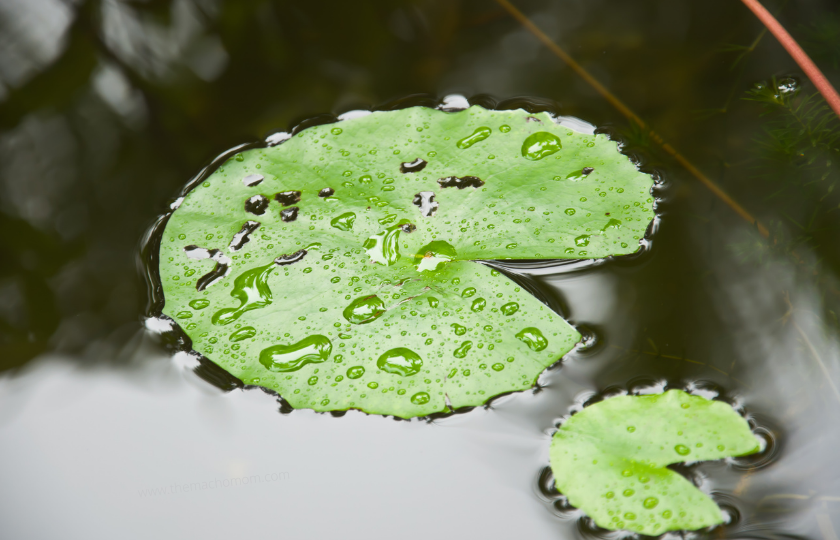Researchers from the Royal Melbourne Institute of Technology (RMIT) University have developed a self-cleaning bioplastic that repels dirt and liquid. Inspired by the lotus leaf, the innovative plastic is sturdy, sustainable, and compostable – able to break down rapidly once in soil.
RMIT PhD researcher Mehran Ghasemlou, lead author of the study, said the new bioplastic was ideal for fresh food and takeaway packaging.
“Plastic waste is one of our biggest environmental challenges, but the alternatives we develop need to be both eco-friendly and cost-effective, to have a chance of widespread use,” said Ghasemlou.
“We designed this new bioplastic with large-scale fabrication in mind, ensuring it was simple to make and could easily be integrated with industrial manufacturing processes.”
Ghasemlou explained that nature is rich in ingeniously-designed structures that could inspire researchers to develop innovative and multifunctional materials.
“We’ve replicated the phenomenally water-repellent structure of lotus leaves to deliver a unique type of bioplastic that precisely combines both strength and degradability,” he added.
Lotus leaves are known for their water repellency and their resistance to dirt. Their secret lies in the leaf’s surface structure, composed of tiny pillars topped with a waxy layer. Any liquid that lands on the leaf remain a droplet, rolling off with wind or gravity. The droplets remove the dirt as they slide down, keeping the leaf clean.
To make their lotus-inspired material, the team first synthetically engineered a plastic made of starch and cellulosic nanoparticles. The surface of this bioplastic was imprinted with a pattern that mimics the composition of lotus leaves, then coated with a protective layer of a silicon-based organic polymer.
Results show that the lotus-inspired bioplastic not only repels dirt and liquid but is able to retain its self-cleaning properties even after being scratched with abrasives or exposed to acid, heat, and ethanol.
While biodegradable plastics are a growing industry, not all bioplastics are made equal, with some that still require industrial processes and high temperatures to break them down.
The lotus-inspired bioplastic is made from starch and cellulose – to keep production costs low and support rapid biodegradability. Its fabrication process does not require heating or complicated equipment and would be simple to upscale to a roll-to-roll production line.
The new bioplastic does not need industrial intervention to biodegrade, with trials showing it breaks down naturally with exposure to the bacteria and bugs in the soil.
“There are big differences between plant-based materials – just because something is made from green ingredients doesn’t mean it will easily degrade,” Ghasemlou added.
“Our ultimate aim is to deliver packaging that could be added to your backyard compost or thrown into a green bin alongside other organic waste, so that food waste can be composted together with the container it came in, to help prevent food contamination of recycling.”
The RMIT research team is keen to collaborate with other potential partners on commercial applications for bioplastic.
‘Biodegradation of novel bioplastics made of starch, polyhydroxyurethanes and cellulose nanocrystals in soil environment’, with RMIT co-authors Associate Professor Fugen Daver, Billy Murdoch, Distinguished Professor Andy Ball and Distinguished Professor Elena Ivanova, is published in Science of the Total Environment (DOI: 10.1016/j.scitotenv.2021.152684).
A study describing the lotus leaf-inspired structure of the bioplastic was published in ACS Applied Materials and Interfaces (DOI: 10.1021/acsami.1c09959).



